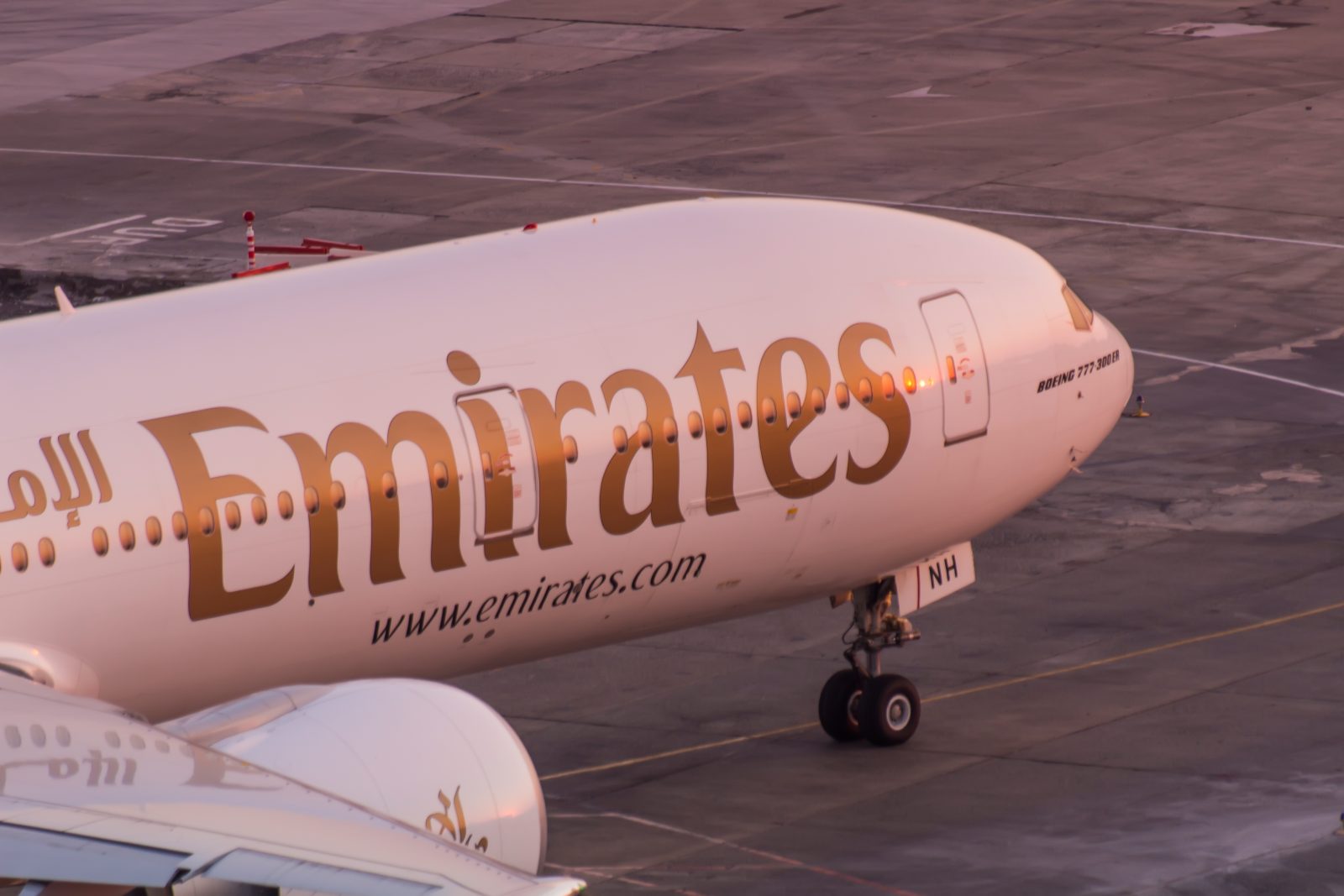
The amount of money that various governments are refusing to let airlines repatriate to their home countries has risen to nearly $2 billion, warns the International Air Transport Association (IATA), which fears carriers could pull out of some markets unless blocked funds are released.
The situation is most acute in Nigeria and Pakistan, where their respective governments have been unwilling to let international airlines remove precious dollars from their banking systems.
Willie Walsh, director general of IATA said blocking the repatriation of funds may seem like an “easy way to shore up depleted treasuries” but warned that local economies could “pay a high price”.
According to IATA, Nigeria is the worst offender for blocking airline funds, where more than half a billion dollars in airline revenues remain stuck. Last month, Dubai-based Emirates suspended its operations in Nigeria for a second time over the issue because the two sides failed to come to a resolution.
Emirates briefly reinstated flights to Nigeria after the country’s central bank promised to return a portion of the airline’s blocked funds, but a spokesperson for Emirates says it is still to see any of the $85 million in blocked funds in Nigeria returned.
So far, Emirates is the only airline to abandon Nigeria due to blocked funds but in the worst-case scenario, the situation could mimic Venezuela where connectivity has “dwindled to a handful of airlines” due to mammoth $3.8 billion of unrepatriated airline revenues.
“No business can sustain providing service if they cannot get paid and this is no different for airlines,” Walsh commented earlier this week.
“Air links are a vital economic catalyst. Enabling the efficient repatriation of revenues is a critical for any economy to remain globally connected to markets and supply chains,” the ex-British Airways and IAG boss continued.
But rather than improving, the situation is getting worse. In the last six months, IATA estimates that the amount of blocked funds has actually increased by 25%.
IATA claims more than 27 countries and territories are currently blocking the repatriation of airline funds, with Bangladesh, Lebanon and Algeria rounding off the top five of worst offenders.
Mateusz Maszczynski honed his skills as an international flight attendant at the most prominent airline in the Middle East and has been flying ever since... most recently for a well known European airline. Matt is passionate about the aviation industry and has become an expert in passenger experience and human-centric stories. Always keeping an ear close to the ground, Matt's industry insights, analysis and news coverage is frequently relied upon by some of the biggest names in journalism.







